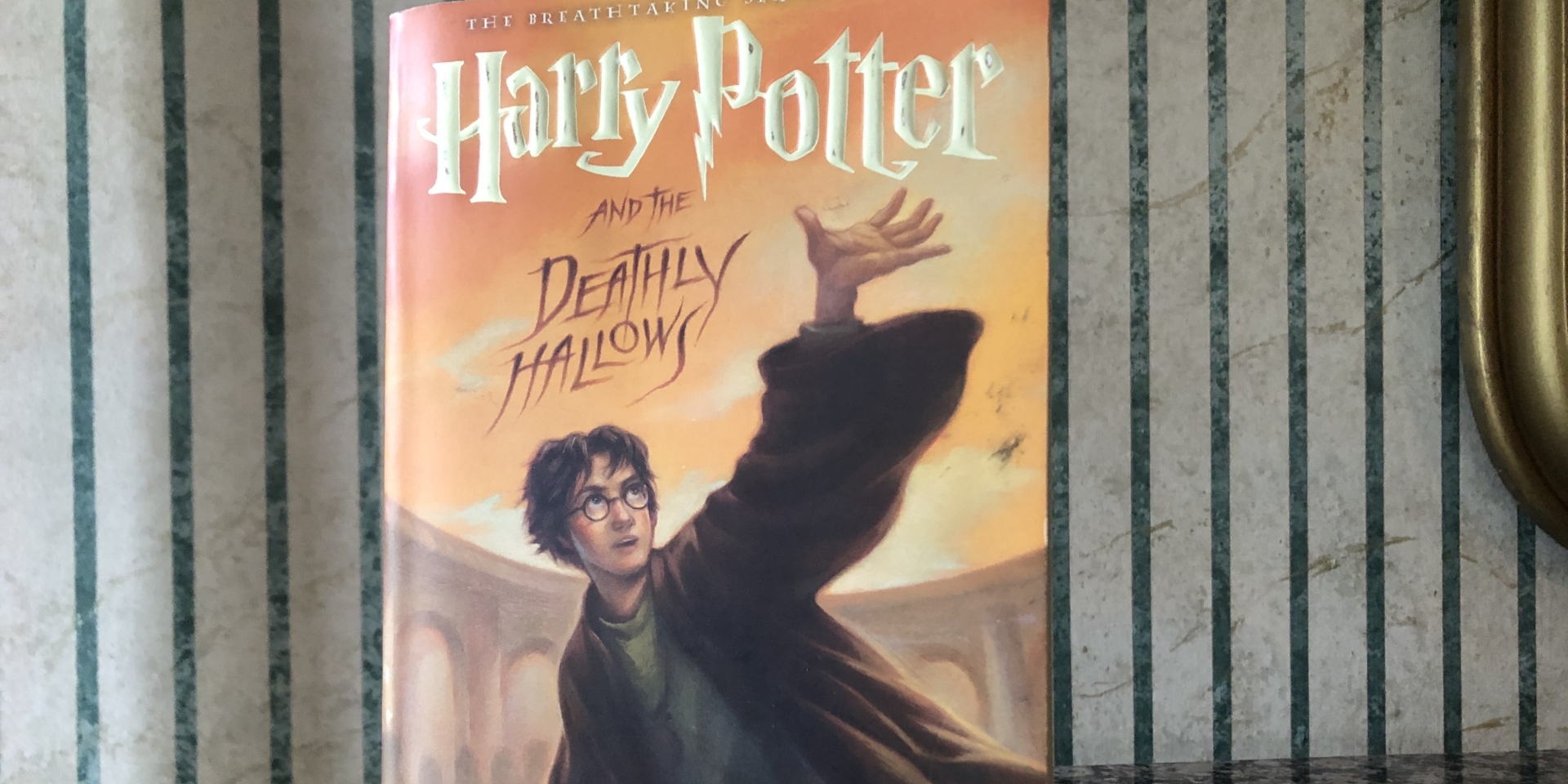
On Monday, April 20, The American Library Association (ALA) released its 2020 State of America’s Libraries report, an annual report detailing library trends released during National Library Week, April 19-25, which summarizes statistics and concerns influencing all types of libraries during the preceding calendar year.
Included in ALA’s State of America’s Libraries report is books restricted or targeted for removal. In 2019, there were 377 challenges to library, school, and university materials tracked by the ALA Office for Intellectual Freedom. In total, 566 books were targeted. The recurring trend in this was an increase in the number of books targeted due to the LGBTQ+ characters, themes, or content.
According to the New York Times, Deborah Caldwell-Stone, executive director of the library association’s Office for Intellectual Freedom, said the challenges, which some were made in written request and some made by public protest, aren’t always successful.
“But the fact that the requests are being made is deeply concerning,” she added. “We find that young people in particular need to find themselves reflected in the books they read. And serving those needs does not take away anything from those people with other viewpoints.”
The “Top 10 Most Challenged Books in 2019,” which has eight books challenged due to LGBTQ+ content, themes, or characters, is listed below:

- “George,” by Alex Gino
Reasons: to avoid controversy; for LGBTQIA+ content and a transgender character; because schools and libraries should not “put books in a child’s hand that require discussion”; for sexual references; and for conflicting with a religious viewpoint and “traditional family structure”

- “Beyond Magenta: Transgender Teens Speak Out,” by Susan Kuklin
Reasons: LGBTQIA+ content, for “its effect on any young people who would read it,” and for concerns that it was sexually explicit and biased

- “Last Week Tonight with John Oliver Presents A Day in the Life of Marlon Bundo,” by Jill Twiss, illustrated by EG Keller
Reasons: LGBTQIA+ content and political viewpoints, for concerns that it is “designed to pollute the morals of its readers,” and for not including a content warning

- “Sex is a Funny Word,” by Cory Silverberg, illustrated by Fiona Smyth
Reasons: LGBTQIA+ content; for discussing gender identity and sex education; and for concerns that the title and illustrations were “inappropriate”

- “Prince & Knight,” by Daniel Haack, illustrated by Stevie Lewis Reasons: featuring a gay marriage and LGBTQIA+ content; for being “a deliberate attempt to indoctrinate young children” with the potential to cause confusion, curiosity, and gender dysphoria; and for conflicting with a religious viewpoint.
- “I Am Jazz,” by Jessica Herthel and Jazz Jennings, illustrated by Shelagh McNicholas
 Reasons: LGBTQIA+ content, for a transgender character, and for confronting a topic that is “sensitive, controversial, and politically charged”
Reasons: LGBTQIA+ content, for a transgender character, and for confronting a topic that is “sensitive, controversial, and politically charged”
- “The Handmaid’s Tale,” by Margaret Atwood

Photo Credit: Amazon
Reasons: profanity and for “vulgarity and sexual overtones”
- “Drama,” written and illustrated by Raina Telgemeier

Photo Credit: Amazon
Reasons: LGBTQIA+ content and for concerns that it goes against “family values/morals” - Harry Potter series by J. K. Rowling

The “Harry Potter” series by J.K. Rowling (Photo Credit: Gerald Biggerstaff)
Reasons: referring to magic and witchcraft, for containing actual curses and spells, and for characters that use “nefarious means” to attain goals
- “And Tango Makes Three,” by Peter Parnell and Justin Richardson, illustrated by Henry Cole

Photo Credit: Amazon
Reason: LGBTQIA+ content
The number of challenged books due to LGBTQ+ material is up from five in the top 11 in 2018 to eight in top 10 in 2019.
What are your thoughts on the “Top 10 Most Challenged Books in 2019”? Let us know in the comments.
Source: American Library Association, New York Times, Banned & Challenged Books

This list always amuses me. At one time, I read that a California School District took James and the Giant Peach off the shelves because “James disobeys his parents.” James’ parents die on the first page of the book, victims of a charging rhinoceros. He’s sent to live with two abusive aunts. When he’s sent out to pick up trash and winds up climbing into the peach, he’s escaping that abuse. Another district removed The Phantom Tollbooth because there was a character named the Demon of Compromise and another who was a Which. These are utterly ridiculous and this kind of censorship needs to be addressed by rational, intelligent people, not right wing bigots!